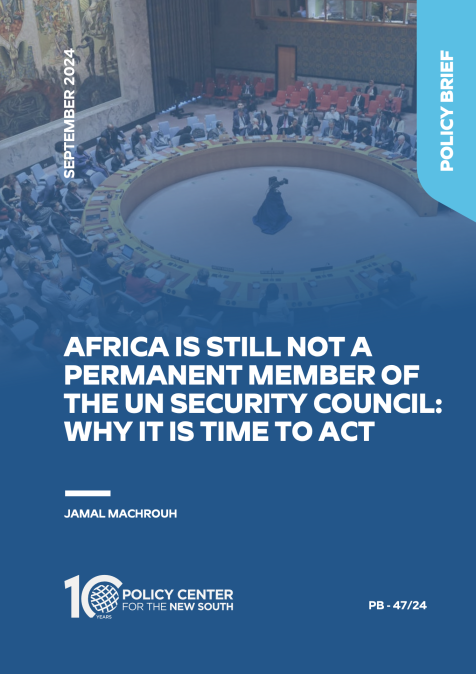Publications /
Policy Paper
This paper examines the changing role of trade in the Wider Atlantic space and the shifting trade patterns between the four continents
Historically, transatlantic relations have often been focused on North-North connections in the Atlantic space. In light of momentous geopolitical, economic, and demographic changes around the world, it now seems expedient to expand the view of the Atlantic by exploring its “vertical map” and including its Southern half. This paper focuses on one of the trends currently shaping the region — the changing role of trade in the Wider Atlantic space. Significant developments are unfolding. Total trade among the regions of the Atlantic Basin has seen a dramatic increase in recent years, more than doubling in volume between 2000 and 2011. Over the same period, new actors have entered the Atlantic sphere. In addition, trade patterns are slowly shifting between the four continents. This paper illustrates and analyzes the history of trade relations in the Atlantic and the changing trade patterns in the Wider Atlantic, and explores the potential impacts of the Transatlantic Trade and Investment Partnership (TTIP) on geostrategic and economic developments in the region.












